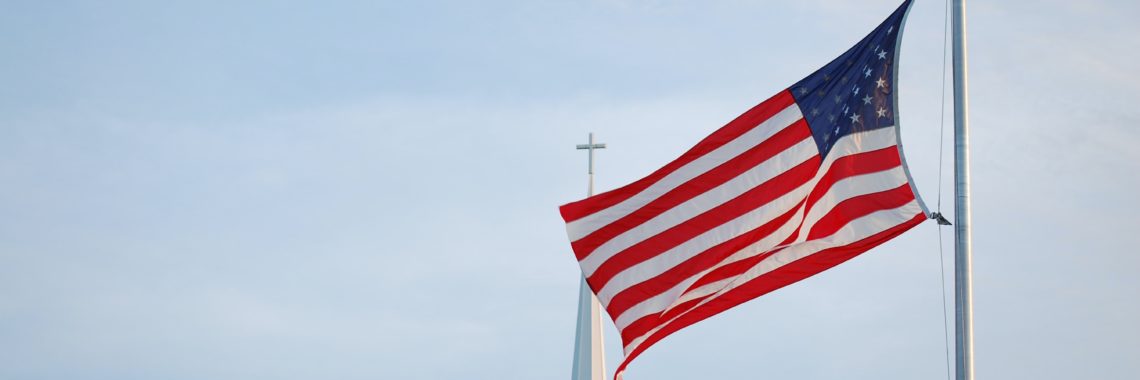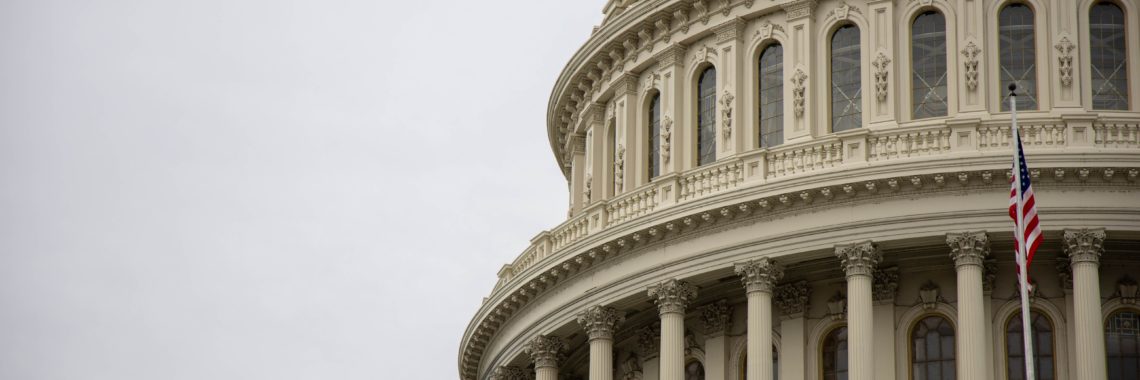“Lemon v. Kurtzman: Reflections on a Constitutional Catastrophe” by William E. Thro and Charles J. Russo
Photo by Brad Dodson on Unsplash. One of the most contentious issues in constitutional law is whether governmental action amounts to “an establishment of religion” in violation of the First Amendment. For the past fifty years, the Court has often, but not always, resolved Establishment Clause cases using the three-pronged test established by Lemon v. Kurtzman. Under the…







